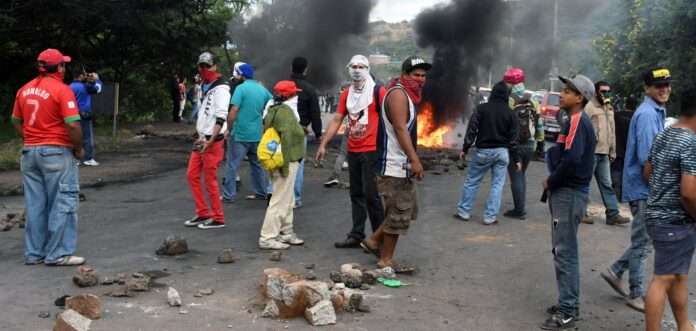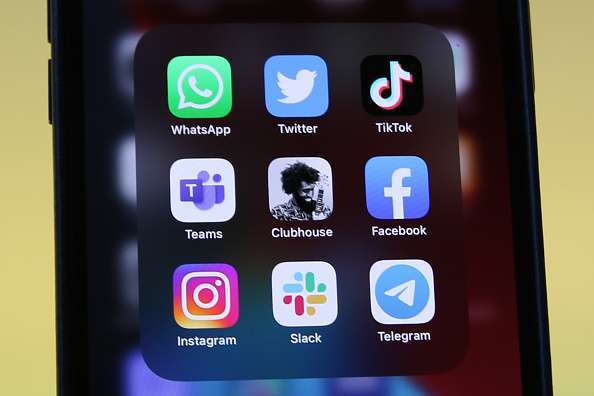The ongoing spat between Russia and Ukraine has polarised the world — sanctions placed and loyalties reaffirmed.
The global economy is hurting as commodities required for production and value-addition rise in cost on the back of limited logistics and the crippling of the financial trading infrastructure.
The readjustments happening as nations seek stability must be studied closely. The political undertones point to a less inclusive future pegged on self-reliance for core elements that feed into production, commerce, food security, and overall ability to govern.
In the technology world, especially when looking at social platforms, national borders have disappeared in most cases. With a decent connection to the Internet, one might as well be anywhere, interacting freely with the help of tools and services to address language barriers.
Trade and commerce, moving assets, and facilitating the exchange of value have not fully benefited from the internet as the physical still lacks a standard protocol.
Financial services have moved quickly to address challenges with the payments layer. A handful of legacy leaders in play and a host of builders, platforms, and consortia reading the riot act and innovating to address bottlenecks.
Courtesy of the continuing pandemic, we see talent from a new lens. The late Leila Janah, the founder of a training-data firm Sama, is credited with saying talent is equally distributed, opportunity is not. The team at Andela uses ‘brilliance’ to a similar effect to show that remote work has taken center stage.
Geographically diverse but coordinated workers have delivered unprecedented benefits for many companies towards their final products and bottom line.
Any disruptions that ripple across the world disturb a delicate fabric and co-existence. Hard questions are levelled in boardrooms and government cabinets across these three fronts daily. Who controls the rails we use to move money and rely on for day-to-day trade? What does a worst-case scenario look like for our current configurations?
On the physical movement of assets, whose systems are live? What territories must we pass through to feed our industries? With whom must we align to ensure continuity? Are we safe leveraging foreign talent pipelines? How do we hedge against these risks?
The challenge is that these questions can lead one down dark rabbit holes with very few positive permutations, as no country can be fully self-sufficient.
It paints a starkly dark world where everything can be weaponised and shines a light on our innate human weaknesses, strengthening the case for world peace, as abstract a notion it sounds rolling off the tongue.





